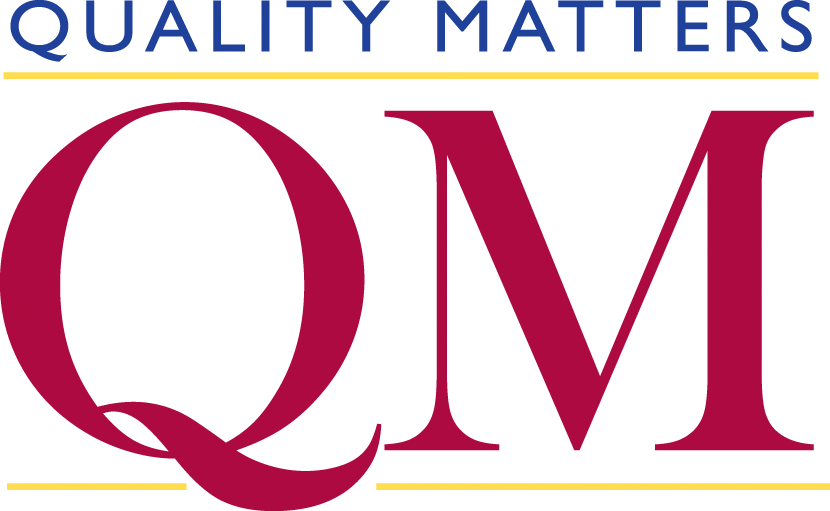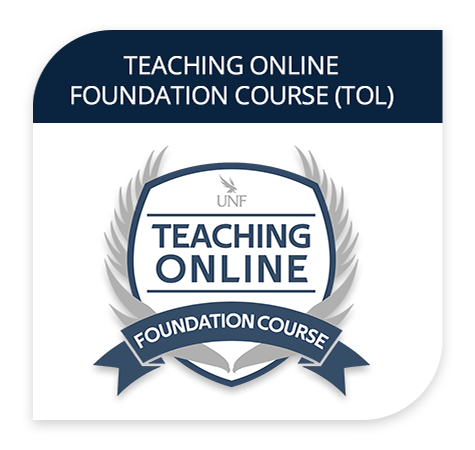Online Course Quality
At the University of North Florida (UNF), we are dedicated to delivering outstanding educational experiences in every course—on campus and online. If you’re considering UNF, you can be confident that our commitment to quality is at the heart of everything we do. Whether you choose a traditional classroom or an online format, you’ll find that we follow rigorous standards designed to help you succeed academically and personally.

Quality Matters
 UNF has adopted the Quality Matters (QM) Standards for the evaluation of online course design. These standards provide a systematic and research-based framework for the development and assessment of online courses, emphasizing learner engagement and equipping students with essential tools and information for success. Course design refers to the structure, materials, and organization of the course itself, while course delivery involves how instructors facilitate learning and interact with students throughout the course.
UNF has adopted the Quality Matters (QM) Standards for the evaluation of online course design. These standards provide a systematic and research-based framework for the development and assessment of online courses, emphasizing learner engagement and equipping students with essential tools and information for success. Course design refers to the structure, materials, and organization of the course itself, while course delivery involves how instructors facilitate learning and interact with students throughout the course.
Teaching Online Foundation Course
 Online courses at UNF are taught by instructors who have completed the Teaching Online (TOL) Foundation Course, a four-week program covering best practices in pedagogy, instructor presence, student engagement, accessibility, course facilitation, and assessment for online instruction. Completion of this training provides instructors with tools for effective online teaching strategies.
Online courses at UNF are taught by instructors who have completed the Teaching Online (TOL) Foundation Course, a four-week program covering best practices in pedagogy, instructor presence, student engagement, accessibility, course facilitation, and assessment for online instruction. Completion of this training provides instructors with tools for effective online teaching strategies.
UNF's faculty frequently participate in distance learning and technology-focused committees, contributing to institution-wide communication and collaboration. These committees coordinate efforts among stakeholders and support ongoing enhancements in online course delivery and design at UNF.
UNF’s Online Course Design Quality Review
Quality Matters (QM) Higher Ed. Course Design Rubric Standards

